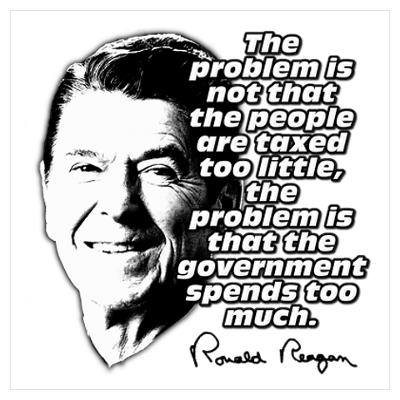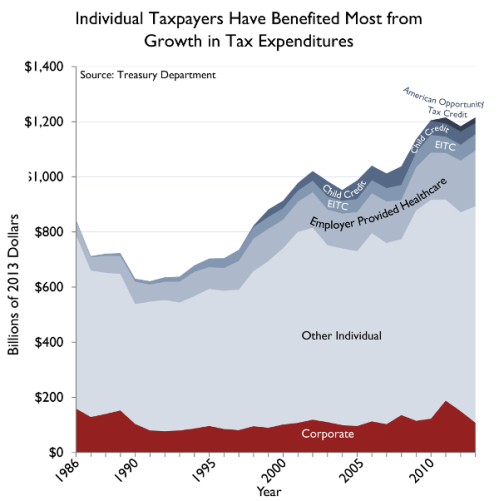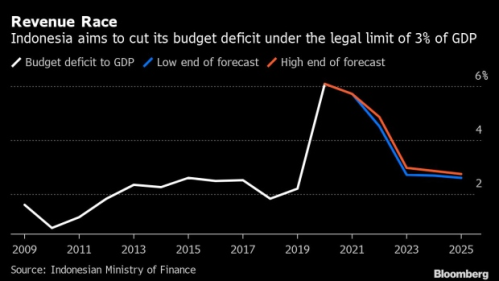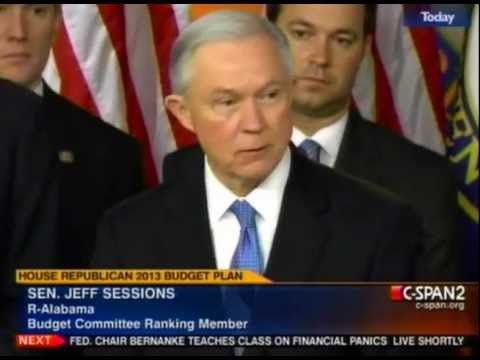
Source:FOX Business– Our national credit card debt.
Source:The New Democrat
“Bulls & Bears” panel on how the U.S. national debt surpassed $22 trillion and whether the drop in tax revenues will be blamed on President Trump.
FOX Business Network (FBN) is a financial news channel delivering real-time information across all platforms that impact both Main Street and Wall Street. Headquartered in New York — the business capital of the world — FBN launched in October 2007 and is the leading business network on television, topping CNBC in Business Day viewers for the second consecutive year. The network is available in more than 80 million homes in all markets across the United States. Owned by FOX, FBN has bureaus in Chicago, Los Angeles, Washington, D.C. and London.”
From FOX Business
Replace Donald Trump with Barack Obama as President with 22 trillion national debt and a big tax cut from last year and have with this same panel on this show and let’s hear them talk about how the national debt is not that big of a deal or a real concern. You might think that you’re death trying to hear that conversation, simply because you would never hear them talking that way. Other than maybe Steve Forbes who never believed that the national debt and deficits are that big of a deal regardless of who the President is and the size of the deficit and debt, you wouldn’t hear that conversation at all.
You would instead hear things like: “those tax and spend Democrats are sending America into bankruptcy and borrowing and spending America’s future.” The old Tea Party arguments ( and they are old ) from 2011, 12, and 13 would come back again. My whole point here is when you have a national debt that’s 80-90% of your economy and it’s a big deal, then the national debt is even larger than that now especially when your economy is growing at 2-3% a year and you have unemployment at less than 4%, then it’s a big deal when the national debt is even bigger as it’s now. The national debt and deficits knows no political parties and isn’t interested in politics at all. If the national debt is a big deal, then it’s a big deal regardless of which party is in power at The White House.
The only difference here is that we have a Republican President instead of a Democratic President, with Republicans feeling no political advantage whatsoever in talking about the dangers of the national debt when their party is in The White House. Which is a bad thing because the national debt was a problem during the Obama Administration and probably had some affect on the lack of economic growth in the economy, even though job growth was very solid for most of the Obama Presidency, but economic growth tended to lag behind that job growth.
But it’s a bigger problem now especially with the economy growing now and with the Republican Congress and President Trump the last two years voluntarily raising the debt and deficit with new spending and tax cuts when they didn’t have to, when instead they could’ve started paying down the deficit and moving the country towards a balanced budget. Again, the national debt doesn’t know politics and political parties and is there regardless of who is in The White House and running Congress. So when politicians try to take advantage of it when they’re out-of-power, it can come back to bite them once they’re back in power and the national debt grows ever larger on their watch.










